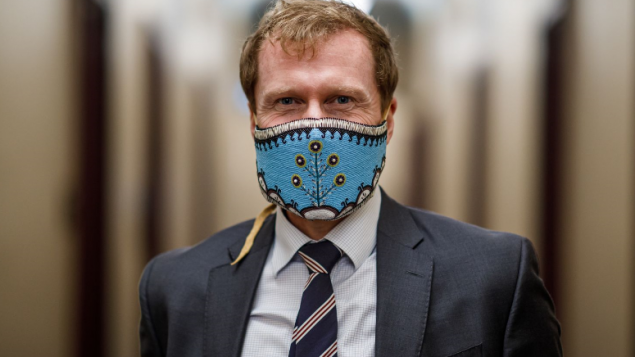Six out of 10 Indigenous people in Canada report that their mental health has worsened since the beginning of the COVID-19 pandemic, according to government statistics. The largest contributors to their troubles have been physical distancing, not being able to spend time with loved ones and not being able to engage in cultural activities.
“There are ways we can support mental wellness now,” said Canada’s Minister of Indigenous Services Marc Miller in a statement. “One of those ways is to talk about it. Speak out about how you’re feeling. Name your emotions. Reach out to friends, family, Elders and mental health professionals.”
People in need of help were encouraged to use a dedicated telephone line for First Nations people, Inuit and Métis, be they children, youth or adults. Services offered by the Hope for Wellness Help Line are provided in Canada’s official languages of English and French as well as in the Ojibway and Inuktitut languages.

Indigenous Services Minister Marc Miller is urging people facing mental health challenges to speak out and get help. (Alexandre Tétreault)
For the general population there is a Kids Help Phone line which can connect callers with an Indigenous volunteer crisis responders or they can connect through Facebook Messenger.
“The pandemic is having profound impacts on mental wellness in Indigenous communities, magnifying existing mental health issues and inequities, and creating new gaps and needs,” said Miller. “To address the growing impact of the pandemic on Indigenous mental wellness, the Government of Canada announced $82.5 million in mental health and wellness supports in August 2020 to help Indigenous communities adapt and expand mental wellness services, improve access and address growing demand.”







For reasons beyond our control, and for an undetermined period of time, our comment section is now closed. However, our social networks remain open to your contributions.